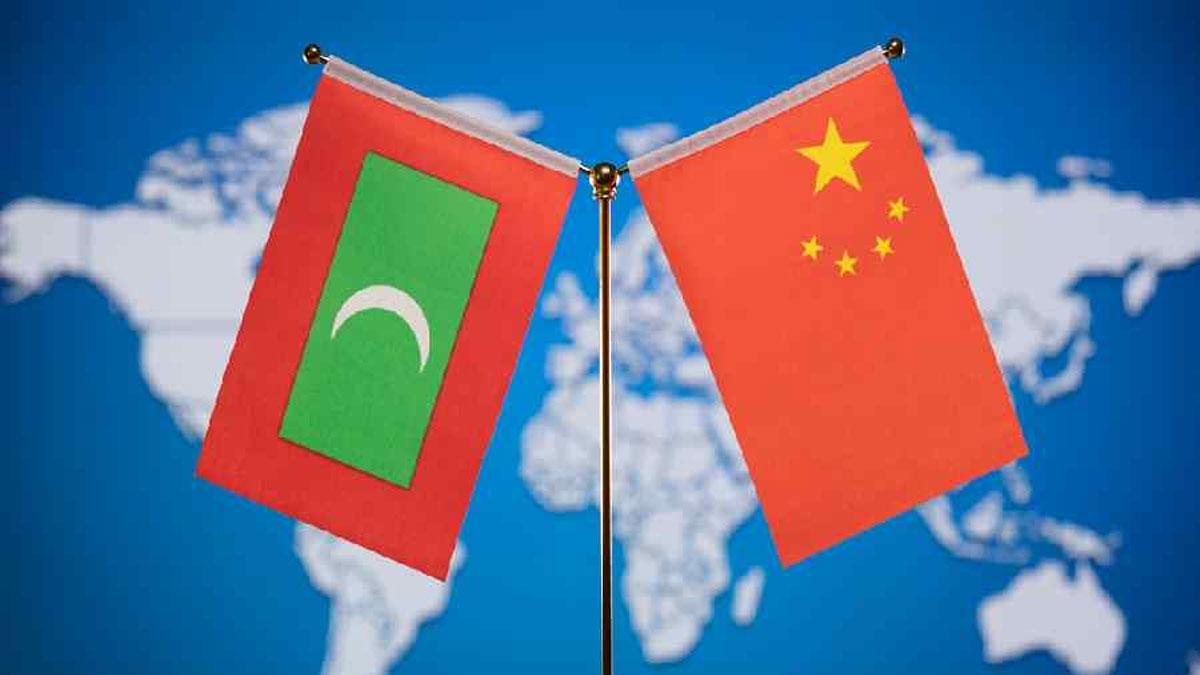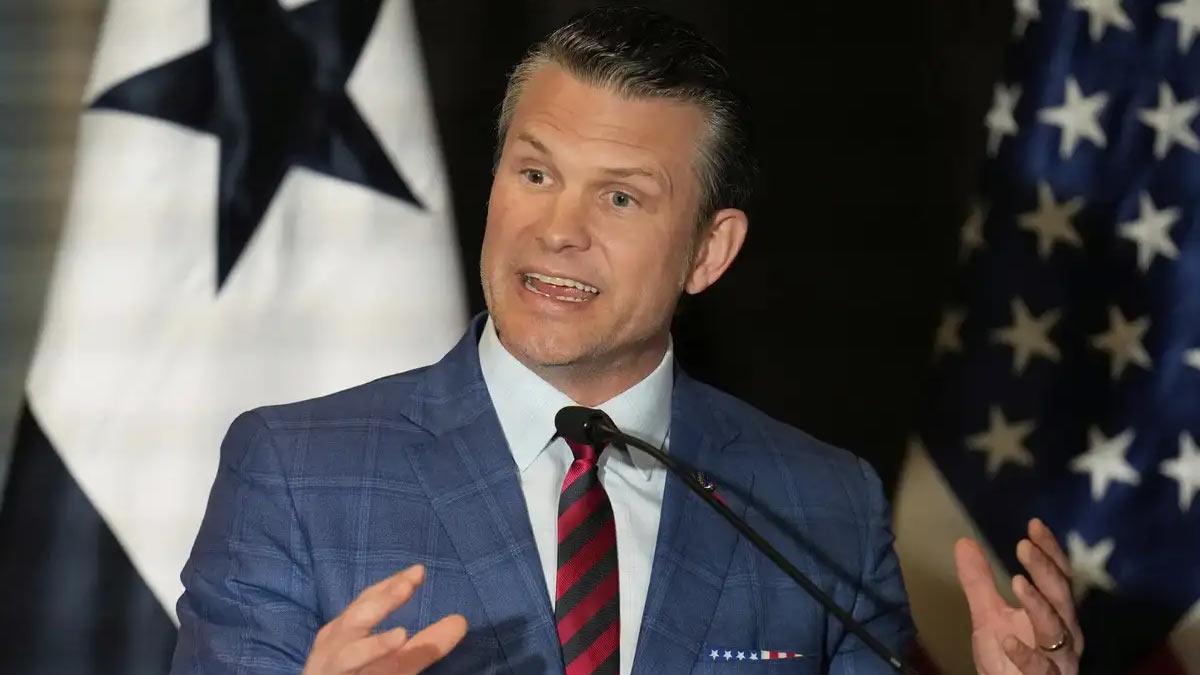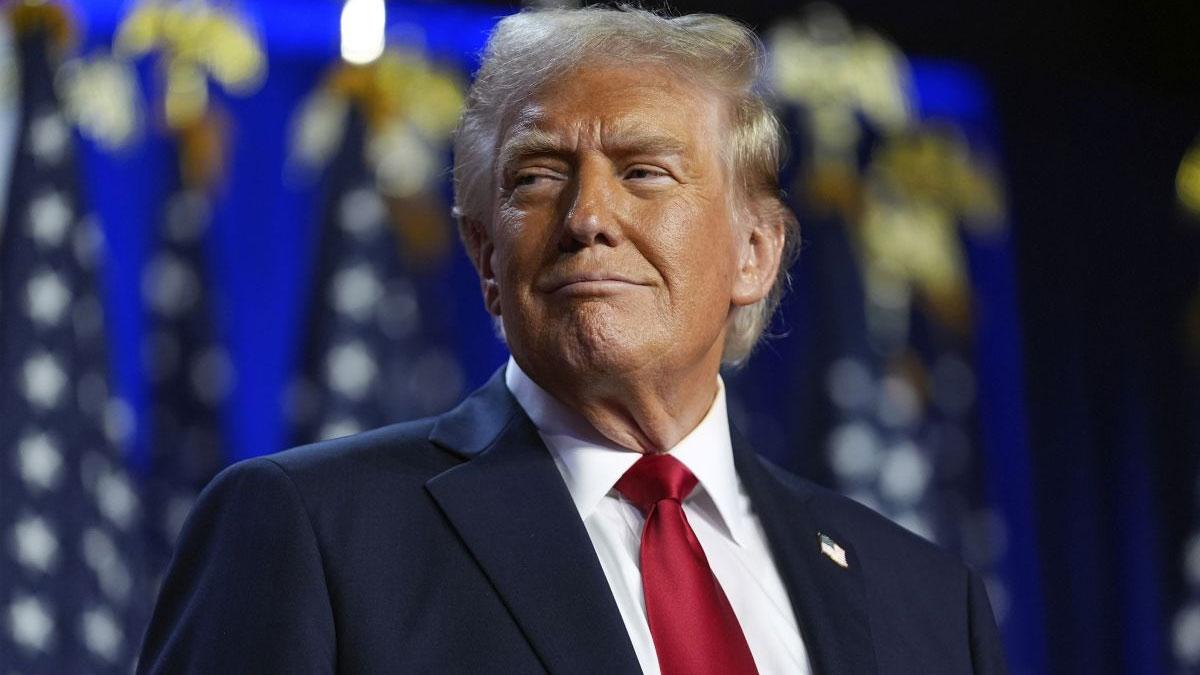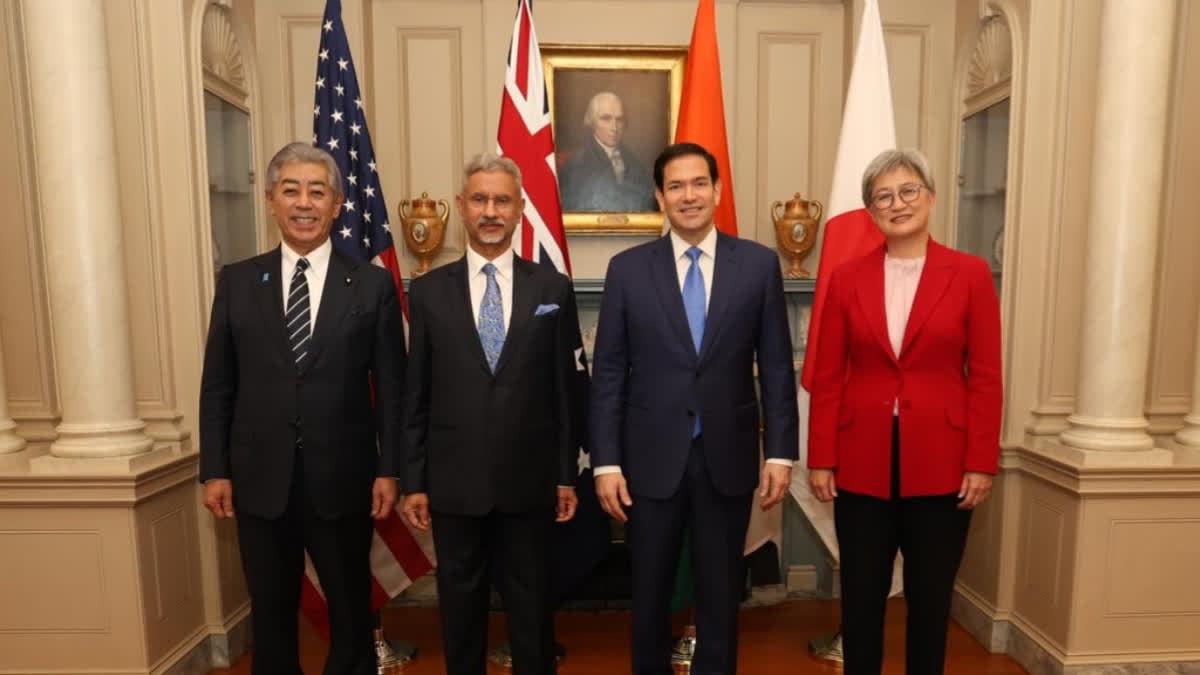China reaffirmed its commitment to forging a robust strategic partnership with the Maldives, emphasizing that their cooperation is not directed at any third party and remains impervious to external disruptions. Foreign Ministry spokesperson Mao Ning, when questioned about China's military pact with the Maldives, directed inquiries to relevant Chinese authorities while stressing the broader objective of building a comprehensive strategic cooperative partnership with the island nation.
"China is dedicated to collaborating with the Maldives to establish a comprehensive strategic cooperative partnership," Mao asserted. "Our cooperation is not aimed at targeting any specific third party and will continue unabated despite external influences," she added, refraining from explicitly naming any country.
Mao's remarks came on the heels of China and the Maldives sealing a defense cooperation deal, signaling a mutual commitment to bolster bilateral ties. The agreement, inked by Maldives Defence Minister Mohamed Ghassan Maumoon and Chinese military official Major General Zhang Baoqun, underscores China's provision of military assistance to the Maldives without charge. However, specific details of the agreement were not disclosed.
The pact follows the Maldives' decision to allow a Chinese "research ship," perceived by some as a spy vessel, to dock near Male, following Sri Lanka's restriction on such ships from its ports. The move underscores the burgeoning partnership between the Maldives and China, culminating in the elevation of bilateral relations to a "comprehensive strategic cooperative partnership" during President Mohamed Muizzu's visit to Beijing. Muizzu, known for his pro-China stance, secured various agreements and a substantial grant from China, in addition to Beijing's pledge to boost tourism to the Maldives.
Meanwhile, China welcomed Nepalese Prime Minister Pushpa Kamal Dahal "Prachanda" reuniting with the Communist Party of Nepal (Unified Marxist-Leninist), led by pro-China figure K P Sharma Oli, thereby forming a new government coalition. Mao expressed optimism about Nepal's political stability and economic progress under the new government, pledging to uphold the principles of peaceful coexistence and strengthen bilateral ties between China and Nepal.
Prachanda's re-alignment with the pro-China faction comes after a period of maintaining a more balanced approach during his tenure, while Oli pursued closer ties with Beijing, evident in the transit trade agreement aimed at reducing Nepal's reliance on India.
Read also | China Maintains 5% Growth Target Amid Economic Struggles in 2024
Read also | China Boosts Defense Spending to USD 232 Billion with 7.2% Increase


















